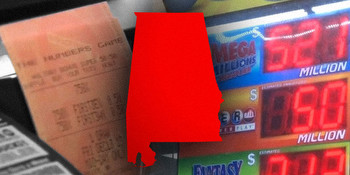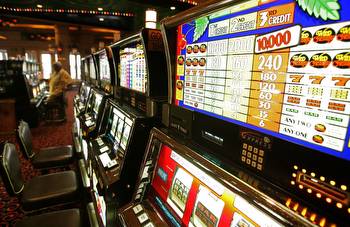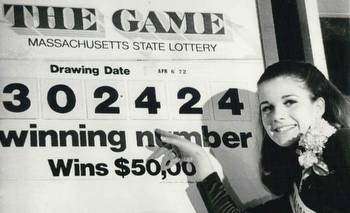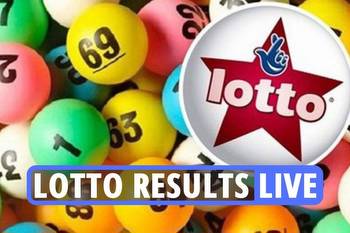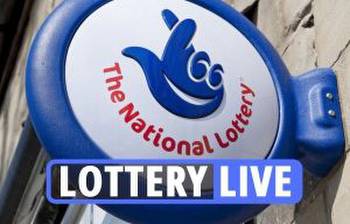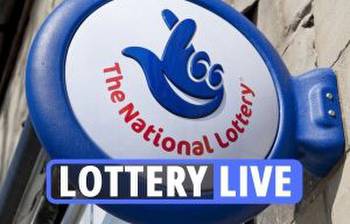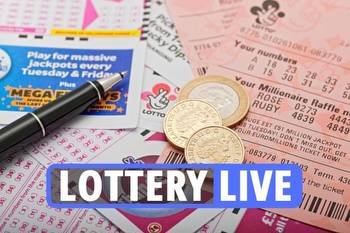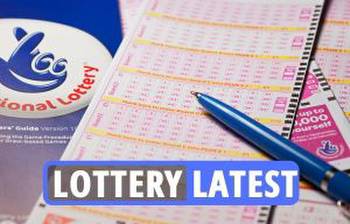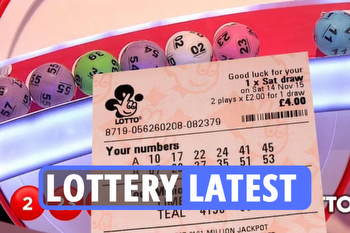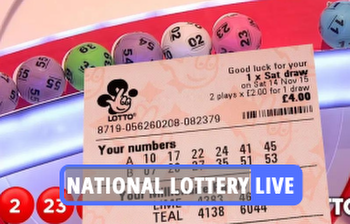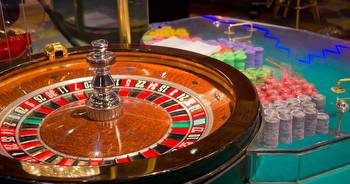Gambling money not reliable in economic down times

In March, Pennsylvania casinos had their best month ever.
From slot machines to table games and more, the gambling houses were rolling in green, bringing in $462.7 million.
In April, the numbers dipped. Not by a lot. They didn’t fall so much as stumble to $461.6 million.
They remain 14% higher than April 2021, so casinos probably are not terribly concerned. It does, however, raise questions about where things will go from here.
The year began with a downturn in the state’s gaming industry which was not surprising. In fact, the surge in March and still-strong totals in April may make less sense.
A 2012 study looked at the way economic conditions affect gambling activity. It looked at numbers including those from the recession of 2008 and 2009 and determined that while people are happy to pump dollar bills into a slot machine or lay down chips at the blackjack table when times are good, they tend to hold off when the economy is more uncertain.
With inflation up dramatically and many people out of work since the start of the coronavirus pandemic, a record-breaking peak in gambling revenue seems more unusual than a dip.
There’s a case for people trying to wager themselves into a better financial position in bad times, but studies show the way people do that isn’t in a casino. The only gambling that is recession-proof has proven to be a lottery ticket. Apparently people are more likely to part with a dollar at the convenience store than head to tables prepared to win or lose big.
That is why, although gambling revenue is proving lucrative for the casinos and the state, the government needs to be leery of depending upon it. The time it is most needed is the time it is likely to experience its own downturn.
Instead, the state should look on gambling money the same way someone does when buying a lottery ticket. Know that the payoff will be great if it’s a winner, but don’t spend those millions before they’re scratched.








